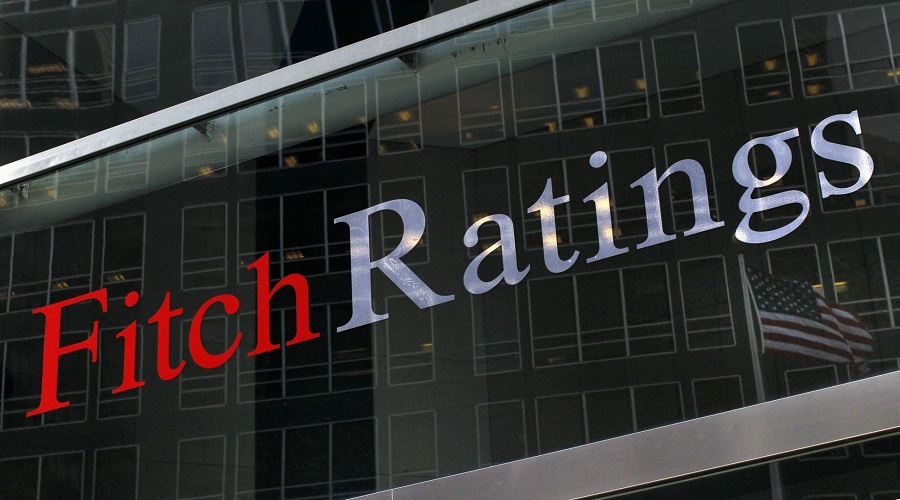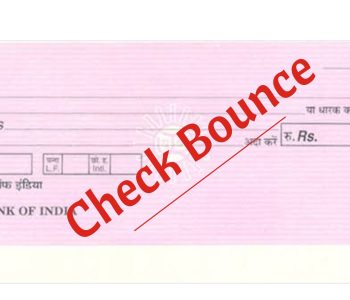Fitch Credit Rating team arrives in Nepal for sovereign credit rating assessment, key to boosting foreign investment

KATHMANDU: In a significant move towards enhancing Nepal’s economic prospects, a team from Fitch Credit Rating, one of the world’s leading credit rating agencies, has arrived in Nepal to begin an on-site assessment as part of the country’s sovereign credit rating process. This development marks a key step towards attracting foreign direct investment (FDI) and bolstering the nation’s economic standing on the global stage.
The Fitch Credit Rating team will officially start its work on Wednesday and is scheduled to engage with various government bodies and several private sector companies during their three-day stay.
According to the Ministry of Finance, the team will meet with Nepal Rastra Bank, the National Planning Commission, and the Ministry of Finance to discuss the country’s financial health and economic prospects. On the private side, companies such as Unilever Nepal and Standard Chartered Bank Nepal are among those slated for discussions.
Resumption of Sovereign Credit Rating Process After Three-Year Hiatus
The sovereign credit rating process, which had been stalled for nearly three years due to the global COVID-19 pandemic and other challenges, was resumed in April 2024. The delay occurred mainly because of concerns that a credit rating assessment during a period of economic downturn could send negative signals to the international investment community. The government had put a pause on the process, citing that economic indicators were heavily impacted by the pandemic, which could have led to an unfavorable rating.
Nepal first announced its intention to pursue a sovereign credit rating during the fiscal year 2018-19, as part of its broader strategy to attract foreign investment and strengthen its financial credibility. The government invited global rating agencies—Fitch, Moody’s, and Standard & Poor’s—to submit applications, with Fitch ultimately being selected for the task.
The timing of the assessment is crucial, as Nepal is working to revive its economy post-pandemic, attract more foreign direct investment (FDI), and secure loans for infrastructure development. The Ministry of Finance emphasized that this rating will help boost Nepal’s international financial standing, making it more attractive for potential investors.
Strategic Importance of Sovereign Credit Rating for Nepal
A sovereign credit rating is a critical measure of a country’s financial stability and creditworthiness. It provides potential investors with an accurate assessment of the risks involved in investing in a particular country. Without this rating, Nepal has been unable to secure large-scale commercial loans from international development partners for major infrastructure projects.
The absence of a sovereign credit rating has also hampered the ability of Nepal’s private sector to raise funds from foreign sources. While Nepal Rastra Bank has allowed private companies to seek foreign loans under the Foreign Exchange Regulation Act 2019, businesses have struggled with high-interest rates and unfavorable loan terms due to the lack of a national credit rating.
This rating process is expected to lay the foundation for a more transparent and reliable assessment of Nepal’s investment climate, which in turn, will help international investors gauge the country’s economic stability and potential risks.
Mahesh Bhattarai, spokesperson for the Ministry of Finance, confirmed the team’s arrival, stating, “The Fitch team will hold discussions with government and private sector representatives over the next three days to evaluate Nepal’s financial standing and assess the country’s creditworthiness. This is a crucial step in our efforts to boost foreign investment and enhance the country’s economic prospects.”
Government’s Renewed Focus on Foreign Investment
In recent years, the Nepali government has been vocal about the need for foreign direct investment (FDI) to support the nation’s development goals. With the vision of upgrading Nepal to a developed economy by 2100 BS (2043 AD), the government has set an ambitious target of achieving a minimum annual economic growth rate of 7.5%. Achieving this target will require a significant influx of foreign investment, which is why the sovereign credit rating process is seen as a vital step.
According to experts, the sovereign credit rating will provide a clear picture of Nepal’s financial health, helping both the government and private sector attract foreign capital. It will also give foreign investors critical information about the risks associated with investing in Nepal, making it easier to make informed decisions.
The Ministry of Finance has stressed that domestic and foreign investments need to increase substantially to meet the country’s ambitious development goals. By securing a sovereign credit rating, Nepal will not only improve its credibility with international investors but also position itself to secure more favorable terms for loans and investments.
Nepal’s Long-Awaited Path to Economic Growth
In addition to enhancing foreign investment prospects, the Fitch Credit Rating process will provide the government with a roadmap for improving its financial and economic policies. Experts believe that by understanding the current risks and weaknesses highlighted by the credit rating, Nepal will be better positioned to implement necessary reforms to improve its investment climate.
As Nepal gears up for its next international investment summit, securing a sovereign credit rating will be an essential milestone in demonstrating the country’s commitment to economic growth and investment-friendly policies.
The government has also conducted capacity-building training for key financial institutions, including Nepal Rastra Bank, the Central Bureau of Statistics, and the Department of Money Laundering Investigation, to ensure they are equipped to manage the sovereign credit rating process.
With the Fitch Credit Rating team now on the ground, Nepal is one step closer to securing a sovereign rating that will unlock new opportunities for foreign investment and pave the way for long-term economic growth.













Facebook Comment